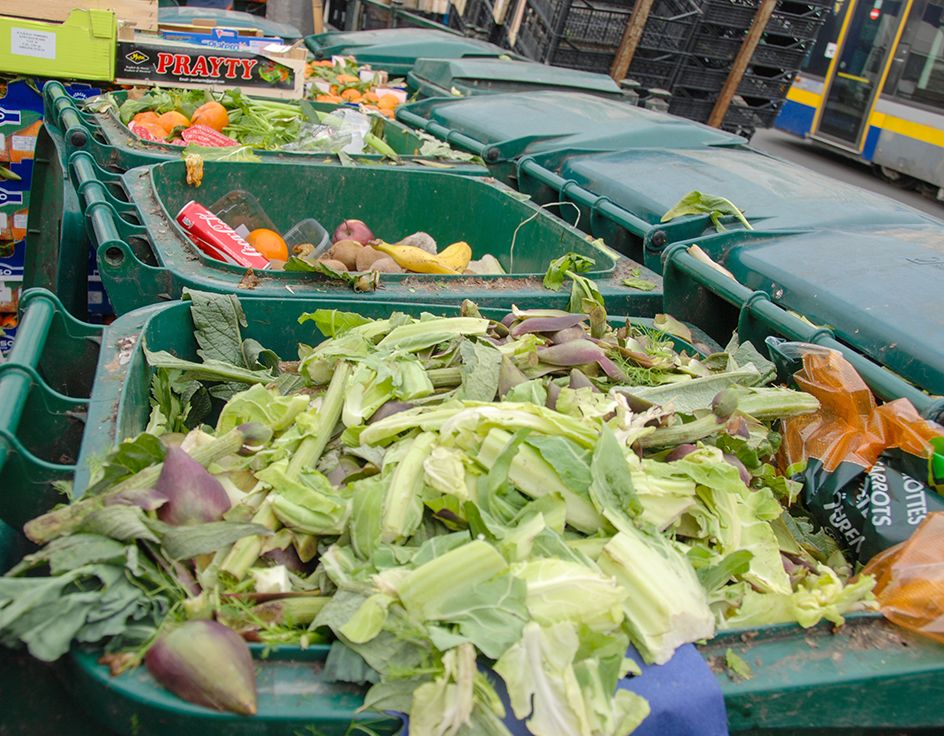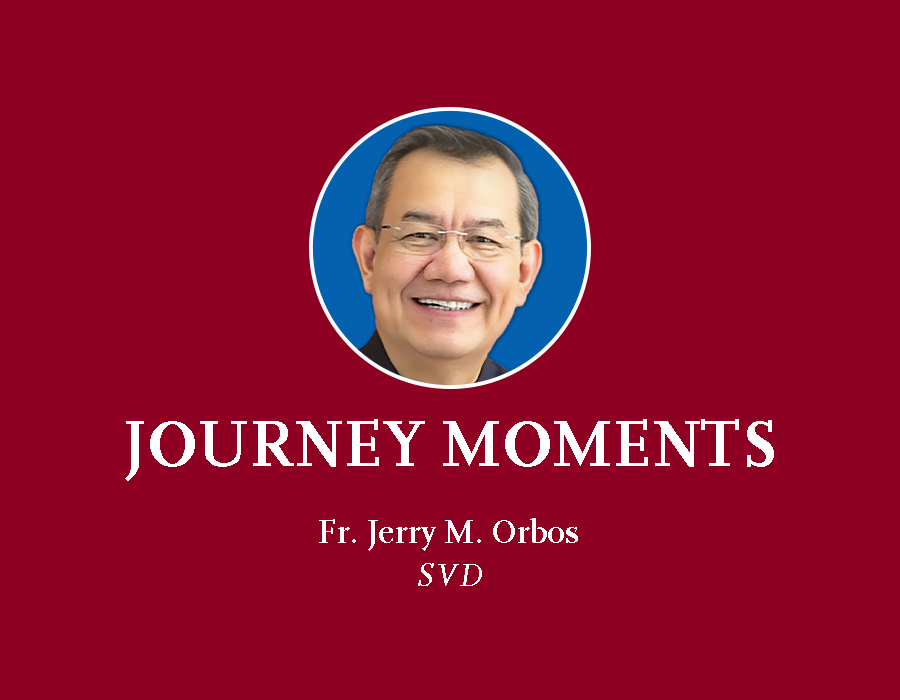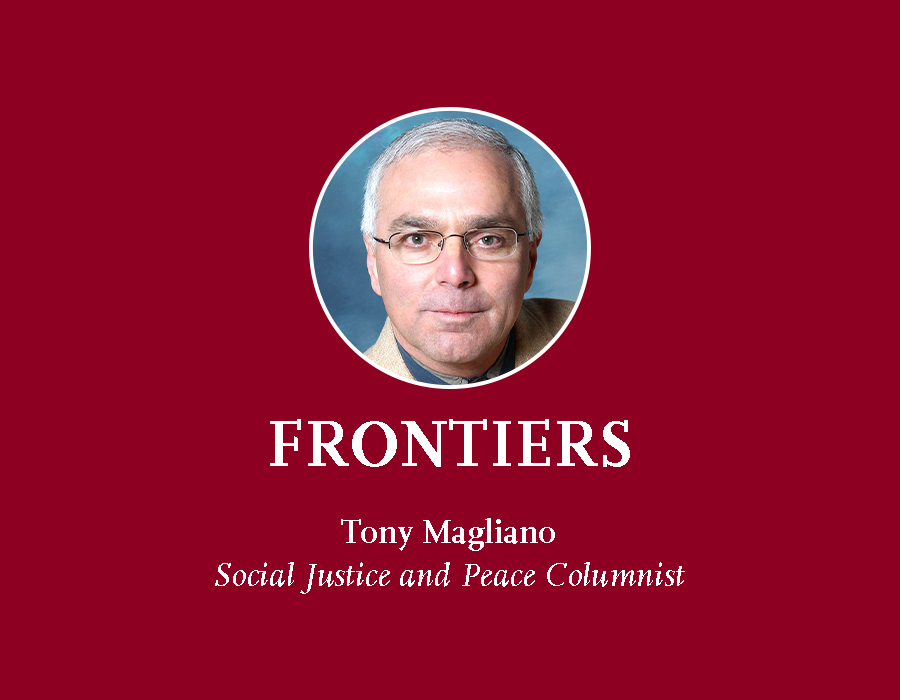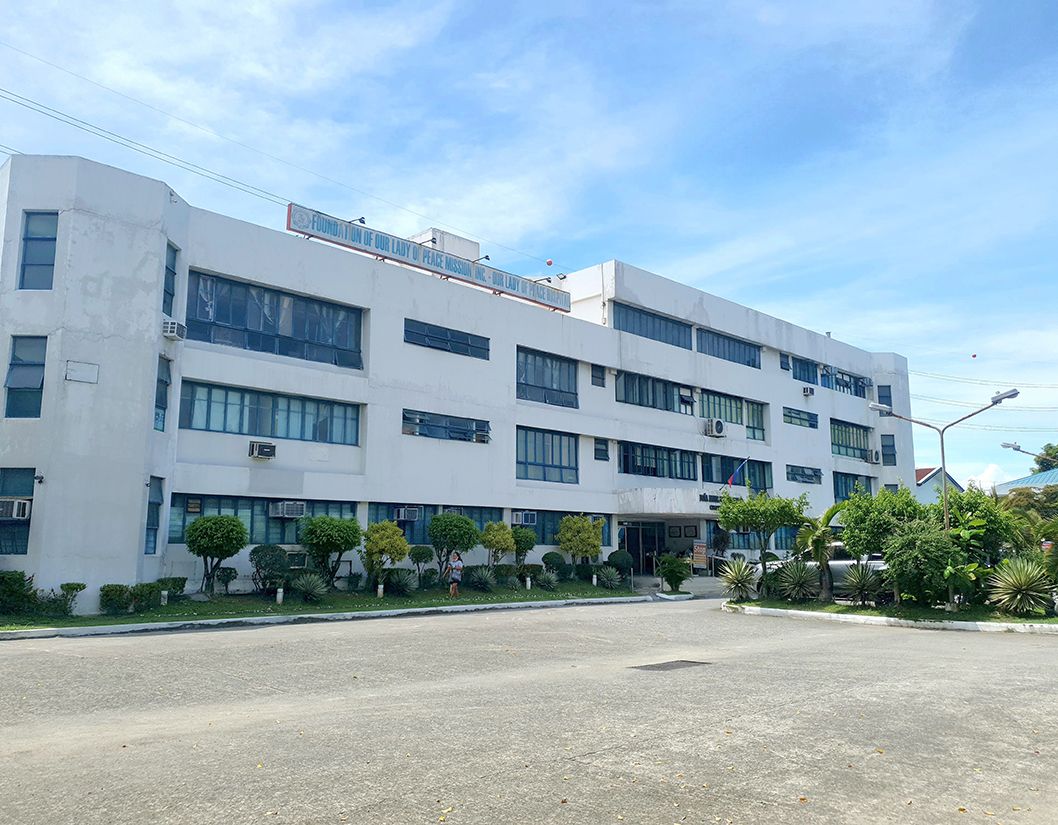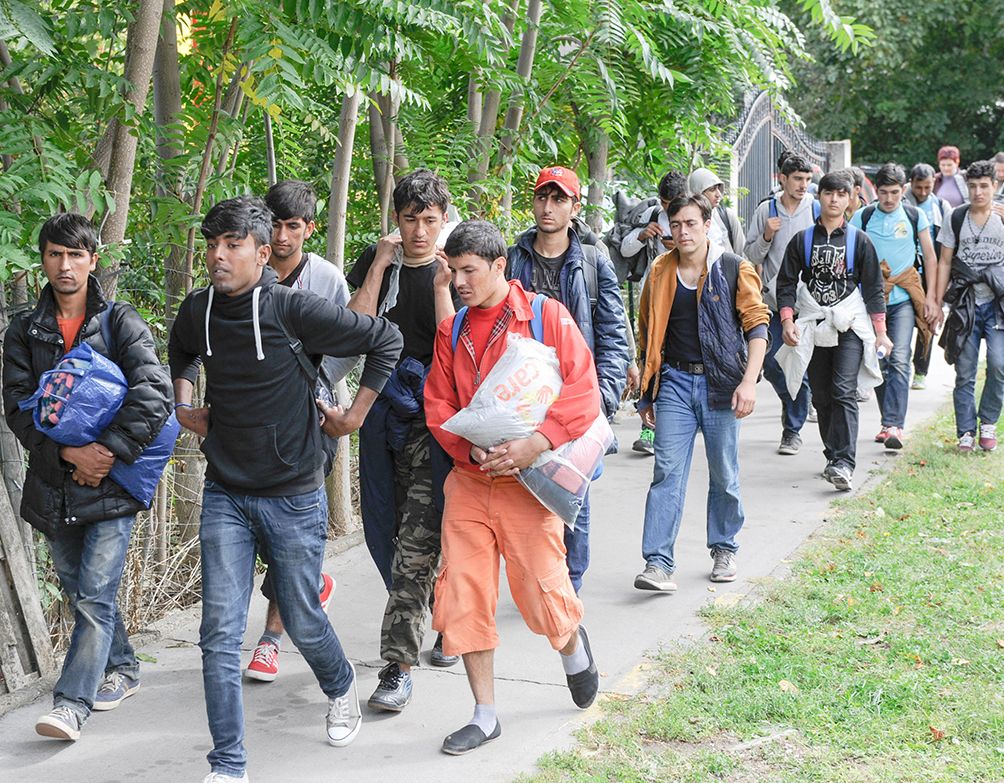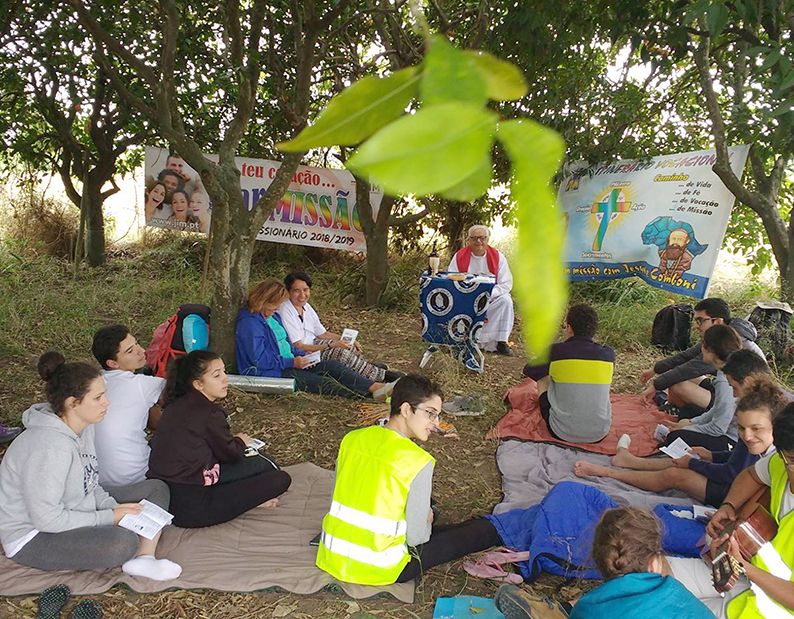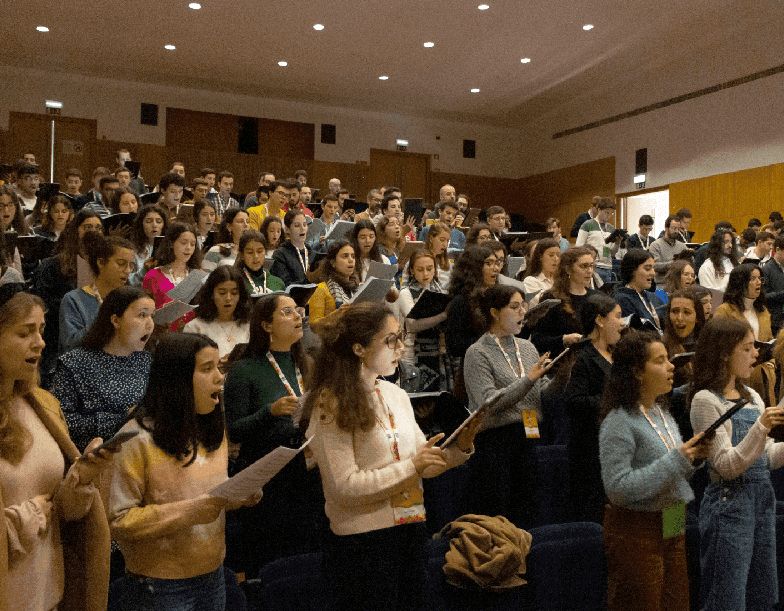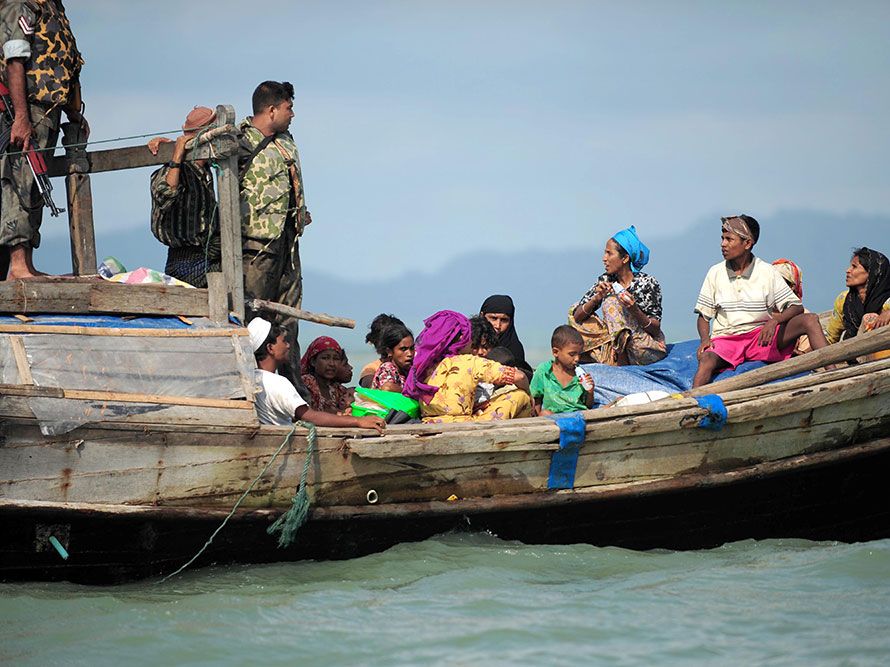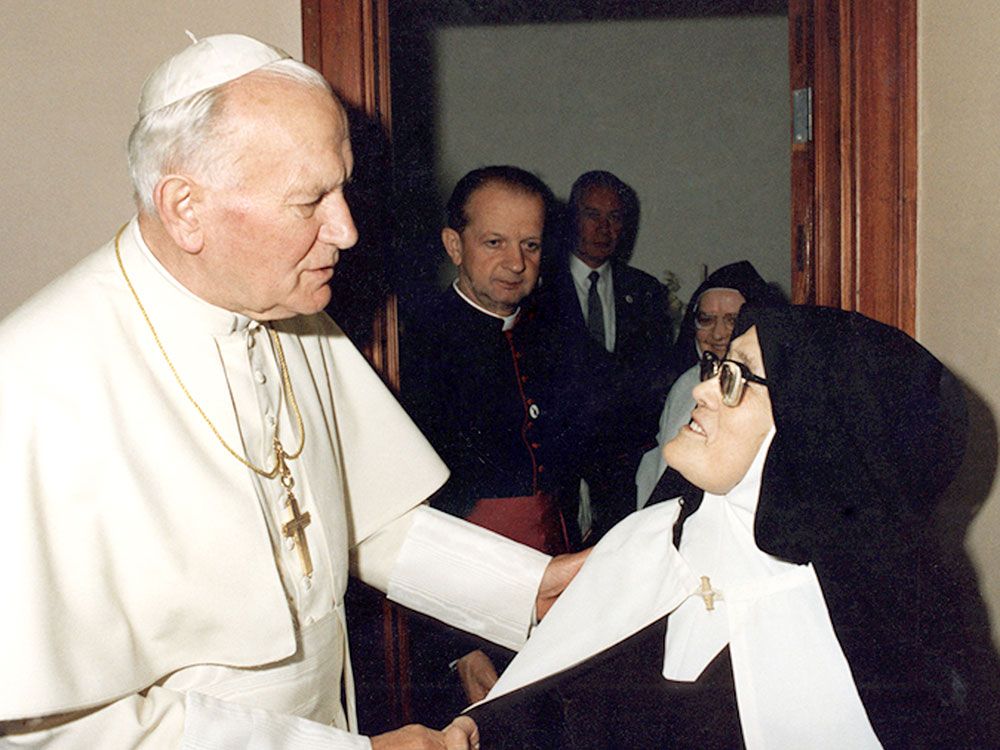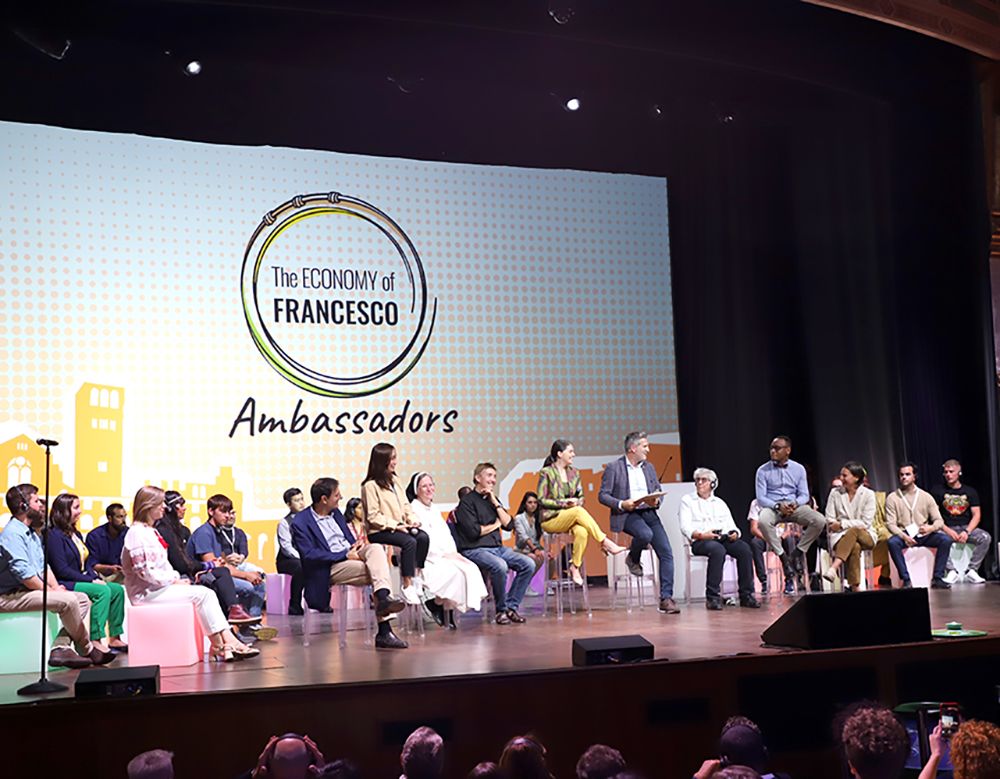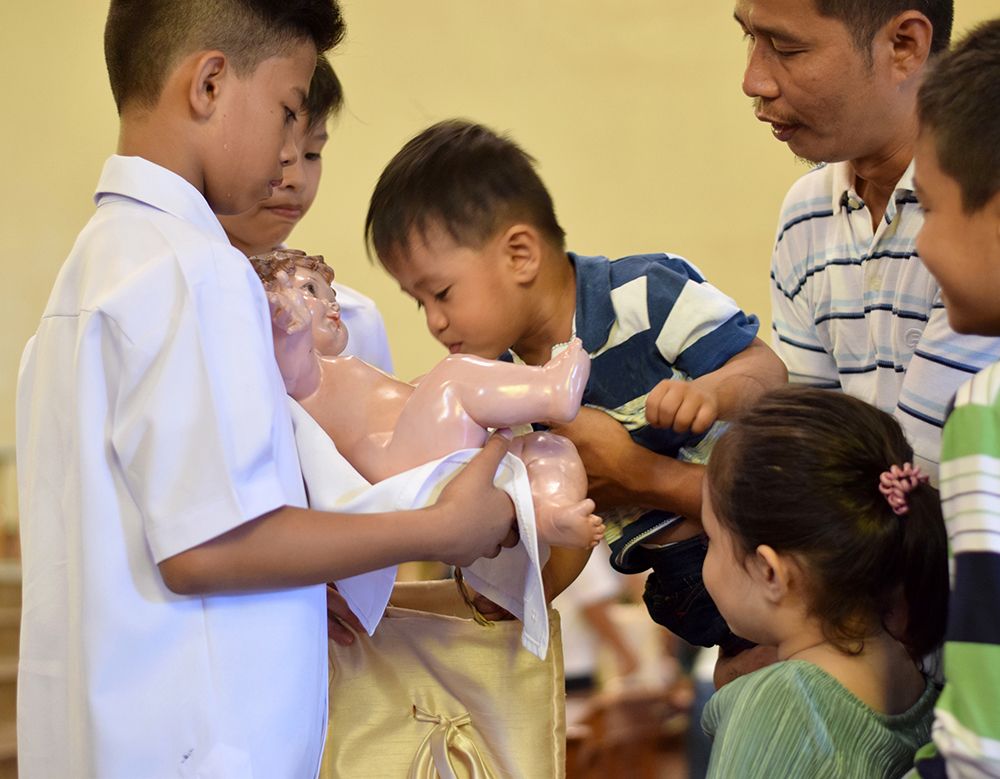Eleven years ago the world crossed the line of seven billion inhabitants. Today we have reached eight.
And so, sooner or later, discussions will return to the supposed need to increase food production to feed the entire population of the Earth. In fact, there is no shortage of food: already today, almost a third of what is produced globally goes to waste, thrown away without being consumed: from the field to the waste basket, we could say.
Sometimes discarded simply because it is produced in excess of what is needed; other times because it is poorly preserved along the endless routes it takes from one part of the world to another; often wasted by us, consumers in rich countries, who do not value food.
There is enough food on the planet for 12 billion people but 800 million human beings go hungry every year. According to FAO, in 2030 the percentage of people who suffer from this will be the same as in 2015: 8%.
This means that, despite the speeches, the many words spoken, and the promises, nothing will have changed in fifteen years. Another fact that should make us reflect: 13% of adults who live in the world are obese.
HUNGER AND OVEREATING
On one side there are those who die of hunger and on the other side those who live with diseases due to overeating and malnutrition. The painful realization is that we suffer from malnutrition not because of lack of food, but because of poverty.
I believe that the failure of current food policies is there for all to see: Food today is not for everyone; it is not clean, considering that a third of greenhouse gas emissions are linked to the food chain; and it is often not even particularly good.
But I am convinced that eight billion people can live and eat sustainably. I mean sustainable in the truest sense of that adjective: that is, using resources so that they will continue to be available in the future. To eat sustainably, therefore, means to ensure that what we enjoy today can continue to be enjoyed by our children, starting with the soil that is the source of all the food we eat. To be sustainable, for example, agriculture must abandon agrochemicals: poisons that kill soil fertility as well as harming health.
There are many virtuous realities in the world: think that more than half the population is fed by 500 million small producers, family businesses or small cooperatives. An extremely precious fabric to safeguard and protect, to defend and promote, to sustain, but which, on the contrary, is increasingly suffocated in a system that privileges multinationals, agribusiness, the big names in food chemistry, those who own patents and hybrid seeds, the same ones who collect a large part of the funds allocated at an international level.
The path to feeding eight billion people is as clear as it is revolutionary: stop chasing productivity and start advocating food production. Food should be a right, not a commodity to be traded on the stock market, not a commodity to which one can enrich oneself at the expense of someone else, the health of the planet, and the very future of humanity. Published in La Repubblica

